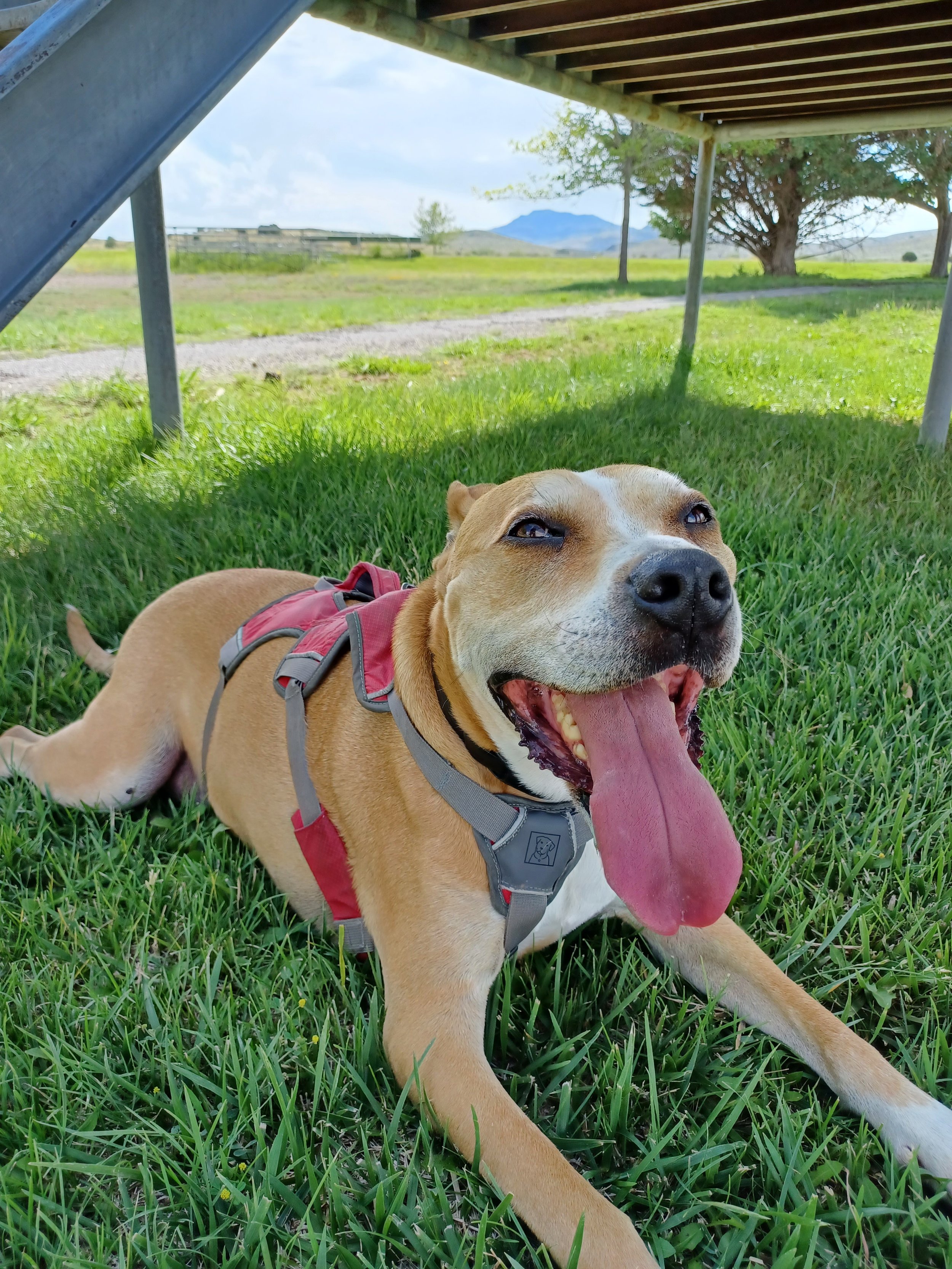
Advanced healing, naturally made
Regenerative Medicine
At Two Rivers Veterinary Hospital, we’re proud to partner with Ardent Animal Health to bring cutting-edge regenerative medicine to our patients. This advanced, science-backed approach uses your pet’s own cells to reduce pain, accelerate healing, and restore healthy function.
We offer both Platelet-Rich Plasma (PRP) and Stem Cell Therapy—treatments that harness the body’s natural ability to repair itself. These therapies are especially beneficial for pets with chronic joint pain, soft tissue injuries, or degenerative conditions. In many cases, regenerative medicine can provide a less invasive, highly effective alternative to surgery.
-

Stem Cell Therapy
Stem cells are collected from a small sample of your pet’s abdominal fat, processed in our lab, and reintroduced into damaged areas. These cells can transform into various tissue types—helping regenerate cartilage, tendon, and ligament structures. Unused stem cells can be stored for future injections.
Ideal for: advanced arthritis, hip or elbow dysplasia, chronic inflammation, or non-healing injuries.
-

Platelet-Rich Plasma Therapy
PRP therapy involves collecting a sample of your pet’s blood (no surgery needed!), isolating platelets, and injecting them into the affected area. Platelets release factors that jump-start the body’s healing pathways, thereby reducing inflammation, promote tissue repair, and accelerate recovery.
Ideal for: ligament strains, tendon injuries, mild arthritis, corneal ulcers, and early joint degeneration.
Benefits of Regenerative Medicine
Minimally-invasive
Same-day procedure
Short recovery time
Reduces the need for daily medication
Treats the cause, not just the symptoms
Cheaper than more invasive surgeries
Long-term effects
Excellent option for patients who are anxious at the vet (yes, including cats).
Patients that benefit from regenerative medicine are dealing with:
-
Platelet-rich plasma (PRP) can significantly enhance the healing of wounds, including deep or complicated bite wounds. By delivering concentrated growth factors directly to the injured area, PRP helps reduce inflammation, fight infection, and speed tissue regeneration. It’s a powerful, natural way to support faster, cleaner healing and reduce the risk of long-term complications.
-
Regenerative therapies like stem cells and platelet-rich plasma (PRP) can provide powerful relief for pets with arthritis. These treatments reduce inflammation and promote the regeneration of healthy joint tissue, helping to ease pain and improve mobility—without relying solely on daily medications. Many pets experience improved comfort and activity levels after treatment.
-
Corneal ulcers can be painful and slow to heal. Regenerative therapies, especially PRP, have shown promising results in promoting corneal repair by delivering growth factors that support tissue regeneration and reduce inflammation.
-
Tendon injuries can be slow to heal and painful for pets. PRP and stem cell therapy help accelerate recovery by delivering concentrated healing factors directly to the injured site. These therapies support tissue repair, reduce scar formation, and promote stronger, more flexible tendons—so pets can get back to doing what they love.
-
Some autoimmune diseases (such as feline stomatitis) in pets can benefit from the immune-modulating properties of stem cell therapy. These treatments may help regulate abnormal immune responses and reduce inflammation in a more natural, targeted way—offering a promising option for pets with chronic immune-related conditions that don’t respond well to traditional therapies.
-
From cruciate injuries to hip dysplasia, regenerative therapies like stem cells and PRP can support healing and reduce pain in pets with orthopedic issues. These treatments help repair joint and bone tissue, reduce inflammation, and may delay or even reduce the need for surgery—especially when combined with rehab for long-term results.
-
Regenerative medicine can play a vital role in healing after surgery. PRP and stem cells promote tissue regeneration, reduce inflammation, and may help minimize post-op complications like delayed healing or scar tissue. These therapies can be especially helpful in complex recoveries.
-
Veterinary regenerative medicine continues to grow, with exciting studies underway in treating spinal cord injuries, kidney disease, inflammatory bowel disease, and more. As the field expands, therapies like stem cells and PRP are showing incredible potential for supporting healing in complex and previously untreatable conditions.

